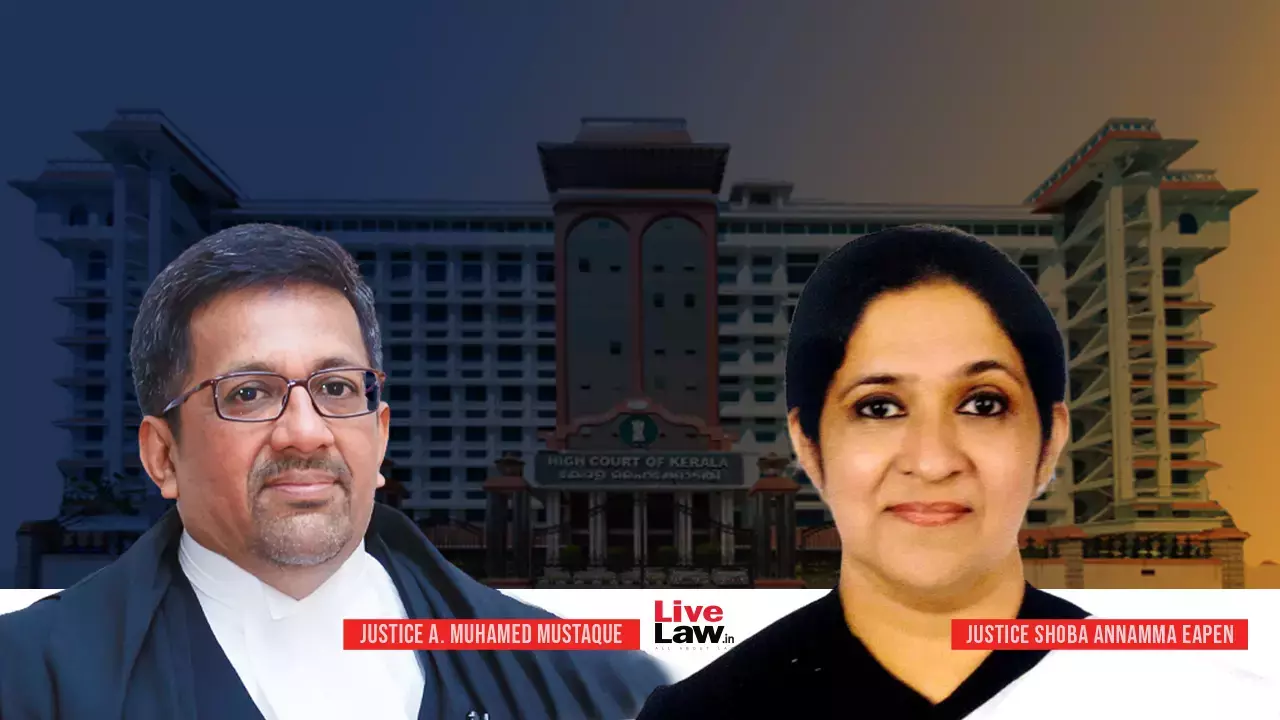Reporting And Publishing Of Judgments Part Of Freedom Of Speech And Expression, Cannot Be Taken Away Lightly: Kerala High Court
Navya Benny
23 Dec 2022 10:54 AM IST

Next Story
23 Dec 2022 10:54 AM IST
The Kerala High Court on Friday ruled that reporting and publishing of judgments are part of freedom of speech and expression.Dealing with petitions seeking enforcement of the 'right to be forgotten' against uploading of court orders or judgements on the internet, the division bench of Justice A. Muhamed Mustaque and Justice Shoba Annamma Eapen said:"The Courtroom is open to all. The Court...
